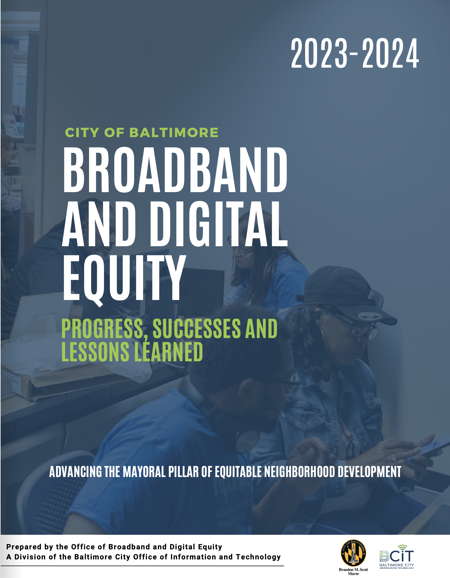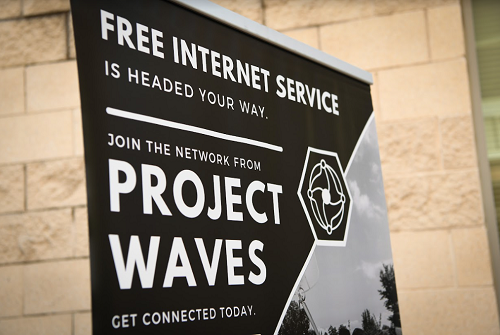Affordable Broadband Subsidy Boosts Jobs, Especially for Women, New Study Shows
A new study shows that the now expired Affordable Connectivity Program (ACP), which offered a $30/month discount for 23 million eligible households to pay for home Internet service, helped low-income Americans get better access to jobs, with particularly strong effects for women.
The ACP program ended in May 2024 – thanks to GOP Congressional leaders blocking efforts to allocate additional money when the fund was depleted. Still, the study remains relevant as affordability advocates continue to look for ways to fund a similar program in the future.
Led by Hernan Galperin, Professor and Director of Doctoral Studies at the USC Annenberg School for Communication, the research combines ACP administrative records with data from the American Community Survey (ACS) and the Current Population Survey (CPS). In doing so, the study’s authors found that access to affordable, high-speed Internet improves employment outcomes by enabling remote work and greater labor market participation.

With millions of Americans who rely on remote work to balance jobs with caregiving responsibilities, the study indicates that the ACP appeared to be a key enabler.

















